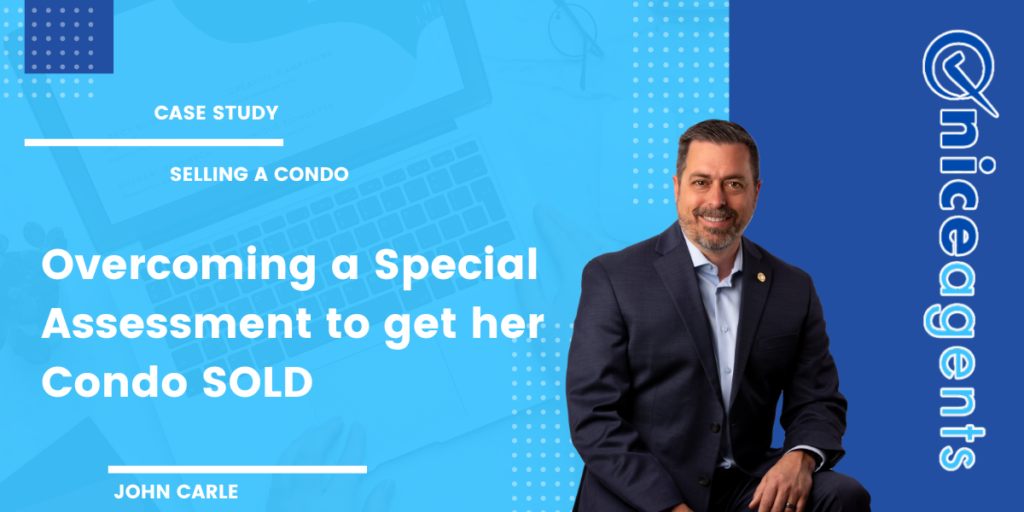Edmonton is making strides towards mitigating its homelessness issue through an innovative approach that combines city land redevelopment and community cooperation. The city council’s recent decision to transform two municipal parcels into transitional housing exemplifies strategic urban planning that seeks to address a critical social problem—homelessness. This project underscores the multifaceted utility of real estate, beyond pure economic transactions, highlighting its potential to impact social change positively.
**Highlighting the Problem: Chronic Homelessness**
The decision taps into a pressing problem faced by many urban areas today—the challenge of supporting individuals experiencing homelessness effectively. Homelessness is not merely a lack of permanent housing; it is a complex social issue that intertwines with mental health, addiction, and economic instability. Transitional housing provides an essential stepping stone for those trapped in this cycle, offering a bridge from homelessness to permanent housing solutions.
In Edmonton’s case, even though there are efforts to provide emergency shelters, the need for more stable, long-term solutions is apparent. These shelters often operate at full capacity, stressing the vital need for transitional housing units that can assist individuals in moving out of emergency shelters while receiving the necessary social supports.
**The Fact: Repurposing Land for Social Good**
Edmonton’s initiative is noteworthy for several reasons, one of which is the treatment of municipal lands as assets that can serve public good beyond their face value. By selling these sites to nonprofit operators at below-market value, the city simultaneously facilitates the development of transitional housing and supports non-profit organizations that contribute significantly to the community’s social fabric.
This strategy is integral to Edmonton’s broader approach to homelessness, ensuring that urban development aligns with social welfare objectives. A vital component of this plan includes involving the local community in consultations regarding building design and services, reflecting a commitment to harmonize these structures within existing neighborhoods. Community participation is crucial for gaining support and minimizing potential resistance to new developments.
**The Benefit: Building a Supportive Housing Community**
The primary benefit of transforming these lands into transitional housing is the creation of approximately 60-70 supportive housing units. Benefits of this multifaceted approach to transitional living include providing a stable, affordable living environment paired with access to vital services such as healthcare, counseling, and job training. This holistic support is essential for helping individuals reintegrate into the community successfully.
These units are more than simply a roof over the heads of those in need; they embody a model of care that sees housing as a starting platform where residents can access resources, rebuild their lives, and work towards permanent housing solutions. Additionally, these projects foster inclusive communities where residents are supported—an invaluable aspect of this innovative urban development strategy.
**Professional Takeaway: The Role of Real Estate in Social Solutions**
For real estate professionals and consumers, Edmonton’s approach offers important insights into the evolving landscape of property development. As cities face increasing social challenges, the role of real estate transcends traditional market transactions. Property development and management need to embrace community and social responsibility, adapting to initiatives that offer sustainable, community-centric solutions.
Real estate stakeholders can draw lessons from Edmonton’s initiative by identifying ways to contribute to similar community-focused projects. Investing in transitional housing projects not only aids in addressing social problems but also aligns business practices with meaningful social impact—making property development a tool for positive community change.
**An Invitation to Help**:
As a real estate professional dedicated to community development and sustainable living solutions, I am here to assist you in navigating the complexities of the real estate market while fostering socially conscious investments. Whether you’re considering buying, selling, or investing in property, I am committed to aligning your real estate goals with opportunities that contribute to the greater community good.
Let’s work together to create a future where real estate not only enriches lives but also builds inclusive and supportive communities. Please feel free to reach out to discuss how we can collaborate on your real estate journey. Together, we can make impactful changes that benefit both you and the society around you.




